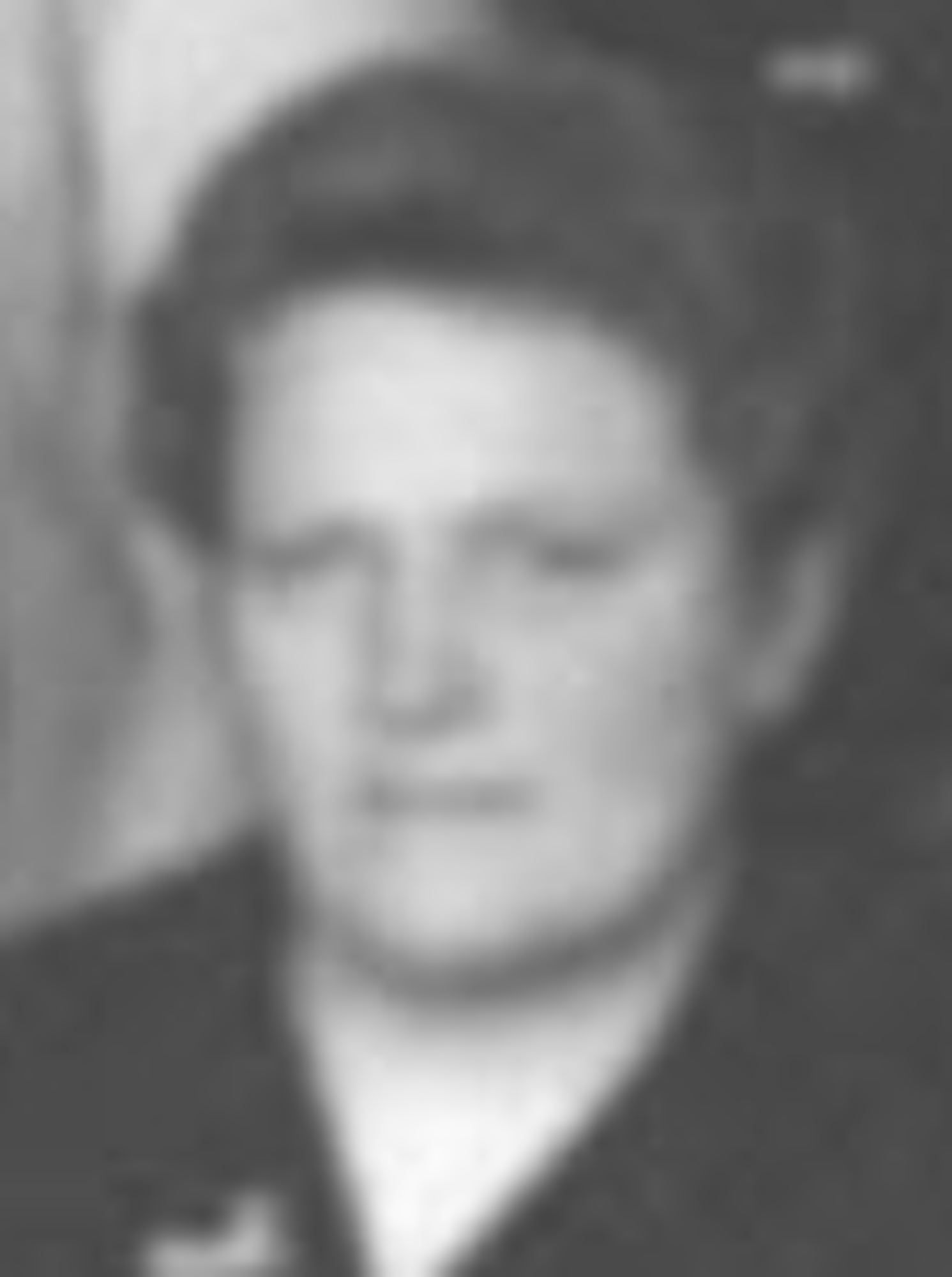Even in the most difficult moments, modesty and, above all, humanity should not be lacking

Stáhnout obrázek
Růžena Sihelníková, née Stupková, was born on February 17, 1934 in Hrádek u Trhových Svinů, a small village in southern Bohemia. The father worked as a bricklayer in Vienna, the mother worked for a farmer, on whose exception Mrs. Růžena lived with her parents and five siblings (Maria, Blažena, Božena, Eduard and Emília) as a child. Not only her mother, but also Mrs. Růžena, together with her siblings, had to do minor work on the farm for the farmer leaving them to live on their own. When Mrs. Růžena reached the age of compulsory school attendance, World War II was in full swing and the local school was abolished, so she had to attend a German school in Pěčín. The war did not affect the Stupek family much, nor did they have a radio from which they could listen to the news. They only obtained information from their father‘s letters, as he was Totally Committed. At the end of World War II, the Germans were expelled, even from the area where the Stupks lived. Eventually, the family moved from Hrádek to Pěčín to one of the abandoned houses, and later Mrs. Růžena joined the higher school in Trhové Sviny, which she graduated from in 1948. She later began working in the SFINX enamel factory in České Budějovice. In 1952 she married Josef Sihelník. She raised three children and still lives in the house after the displaced Germans in Pěčín.







